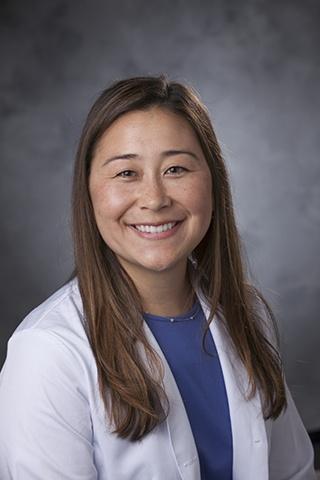The hills are alive with the sound of … family physicians?
Each year, Salzburg, Austria — the town made famous by Mozart and “The Sound of Music” — hosts family doctors from around the world. Here, the American Austrian Foundation (AAF), in partnership with Duke University, hosts bi-annual seminars to foster dialogue and share knowledge among an international audience of family doctors.
The history of these meetings dates back to the 1980s when the AAF was founded and established a mission to increase access to high quality medical education to physicians from countries in transition. At that time, the AAF realized that some of the brightest minds from around the world were leaving their countries of origin to seek cutting edge training in Western Europe. The longer these physicians remained away from their home countries, the less likely they were to return. This brain drain led to a disparate distribution of highly intelligent, well-trained physicians in Western Europe, and increasingly underserved populations in parts of Eastern Europe, Africa, Central America and the Middle East. To close this gap and foster brain “gain,” the American Austrian Foundation created a series of seminars, fellowships and other postgraduate medical training initiatives for physicians practicing in these underserved countries.
 This past March, I was fortunate enough to join the Duke contingent, which was co-hosting the 20th family medicine seminar. For a week, we presented lectures and workshops focusing on the role of primary care in improving the health of communities. We discussed the pandemic of chronic diseases such as hypertension, diabetes and obesity — once limited to developed countries — now spreading to populations around the world. We outlined methods in biostatistics and epidemiology to track these health trends, and practiced different techniques to motivate patients to adopt healthy behaviors.
This past March, I was fortunate enough to join the Duke contingent, which was co-hosting the 20th family medicine seminar. For a week, we presented lectures and workshops focusing on the role of primary care in improving the health of communities. We discussed the pandemic of chronic diseases such as hypertension, diabetes and obesity — once limited to developed countries — now spreading to populations around the world. We outlined methods in biostatistics and epidemiology to track these health trends, and practiced different techniques to motivate patients to adopt healthy behaviors.
Faculty as learner
While my role was faculty member, I found myself far more frequently learning from the participants of the conference. During our class discussions, coffee breaks and meals I heard about life as a family physician outside the United States. Participants talked about their medical training, work environments, patient relationships and health care systems. As the week progressed, it became evident that across the world, from large academic hospitals to independent rural practices, there are common threads connecting all family physicians.
We entered primary care to promote, maintain and protect the health of our patients and communities. However, we are increasingly spending our efforts addressing chronic illness and combating barriers impeding our patients from reaching their health goals. In Azerbaijan, packs of cigarettes cost significantly less than the medications needed to help patients quit. In Belarus and Lithuania, patient visits are typically under 10 minutes. And, in Tanzania, physicians open their clinic doors to a line of patients that stretches around the building. Patients are living longer, developing multiple chronic diseases and requiring increasingly complex primary care.
As a resident in the midst of training, the growing expectations and responsibilities of a family physician has seemed, at times, daunting. However, as I talked to family physicians from around the world, witnessed their thirst for new strategies to improve community health, brainstormed how to raise the quality of health care, and set goals to implement the knowledge gained at this seminar, I realized this is an exciting, inspiring time to be a physician. There is a constant influx of new medications, devices, interventions and studies to better health outcomes. Smart phones and medical apps are making medical knowledge readily accessible to help guide physicians. And, electronic medical records are allowing all providers to more easily communicate and coordinate treatments for patients. Technologic innovation is poised to help physicians provide more efficient, informed and responsible health care. It is also through technology, email and video chat that we can collaborate in ways never before possible, and even maintain international friendships established in the Austrian Alps.
Upon returning to Duke, I feel refreshed and reinvigorated from my time in Salzburg, eager to tackle the challenges that lie ahead. Without a doubt, brain gain success.
Alexa Namba is a second-year resident with the Duke Family Medicine Residency Program. Email alexa.namba@duke.edu with questions.
Editor’s note: Duke Family Medicine residents guest blog every month. Blogs represent the opinion of the author, not the Duke Family Medicine Residency Program, the Department of Community and Family Medicine or Duke University.
